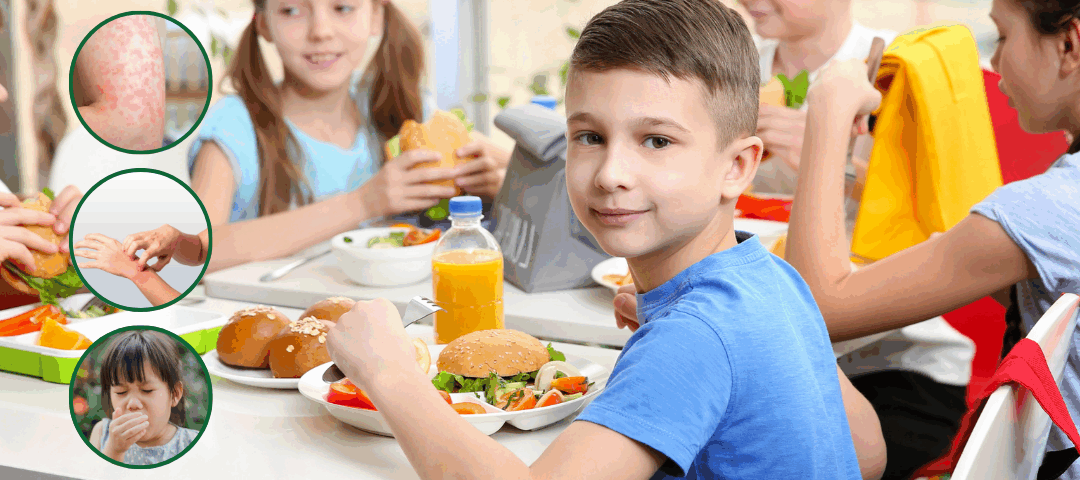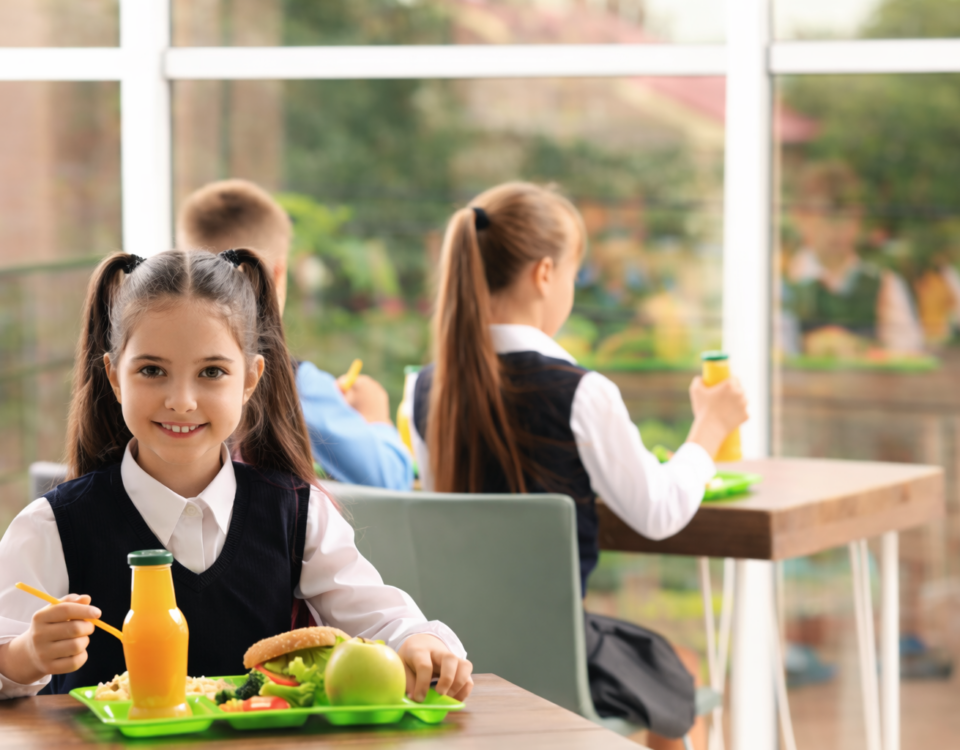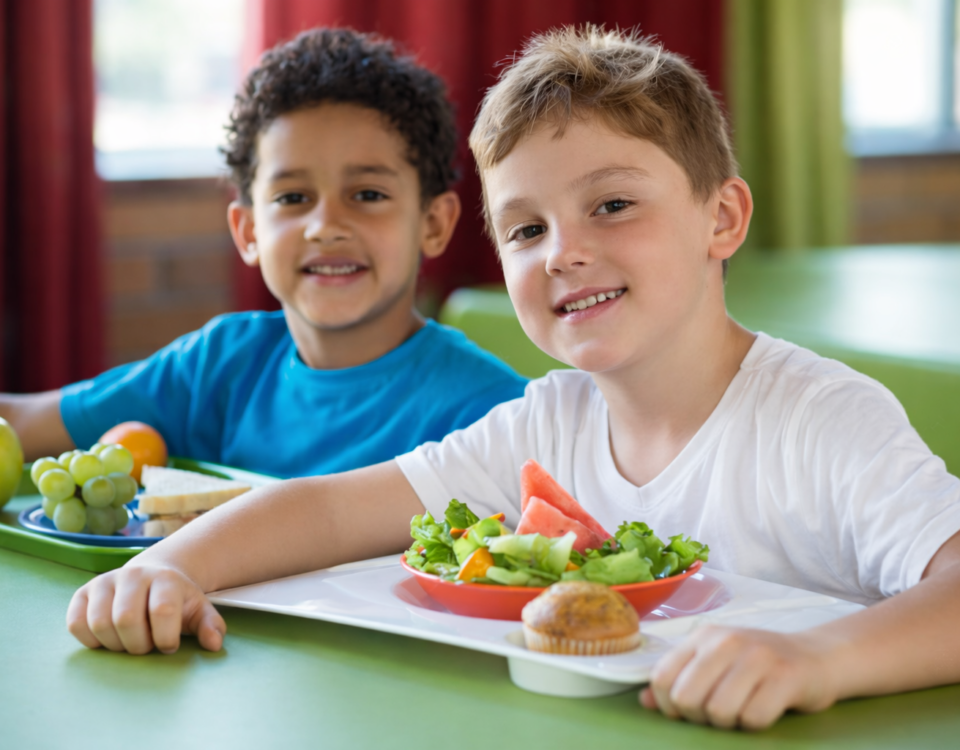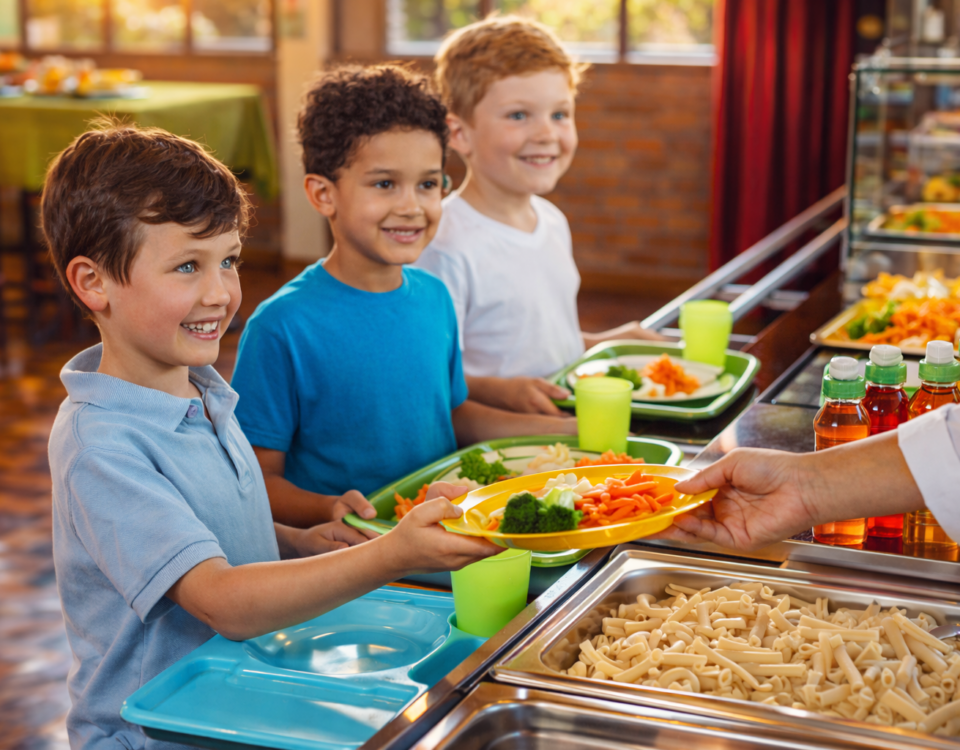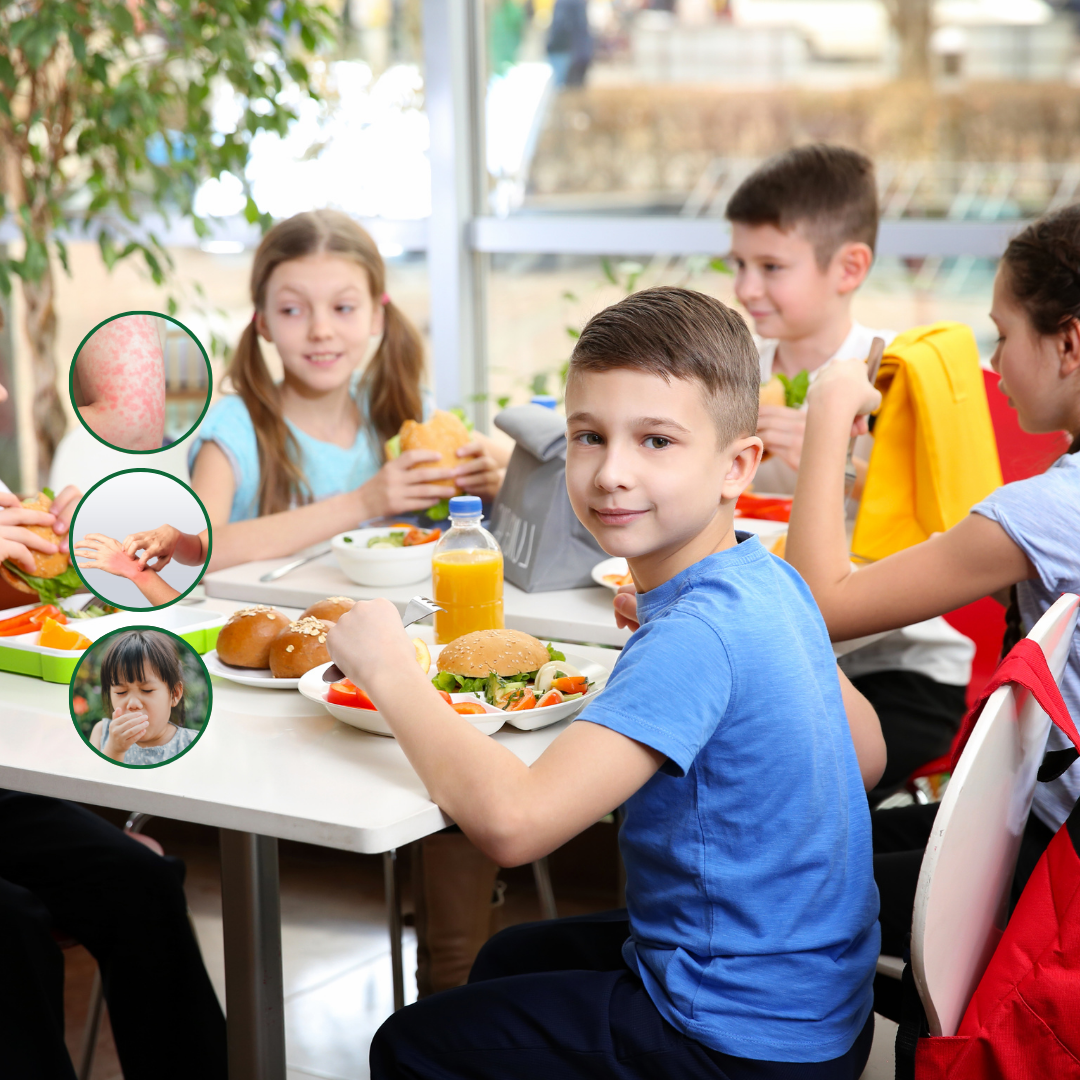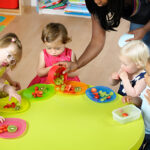
Best Summer Snacks for Kids to Stay Cool and Hydrated
July 19, 2025
Healthy Choice for Growing Minds: Nutritious Catering That Fuels Learning
August 18, 2025Introduction
As parents, we do everything we can to keep our children safe,but when it comes to food allergies, school hours can feel like a time of uncertainty. Who’s monitoring their meals? Are teachers aware of their allergy plan? What if there’s a surprise treat in class?
Helping Your Child Stay Safe and Thrive with Kidssentials
At Kidssentials, we understand how overwhelming this can be. That’s why we’re committed to making school meals not only nutritious but also safe for children with food allergies. In this guide, we’ll walk you through how to confidently manage your child’s food allergies at school with helpful tips, strategies, and support from our team.
Why Food Allergies Need Attention at School
Food allergies are more than just a dietary concern. For many children, even a small exposure to an allergen can trigger a serious reaction. The symptoms may range from mild itching to severe, life-threatening conditions like anaphylaxis.
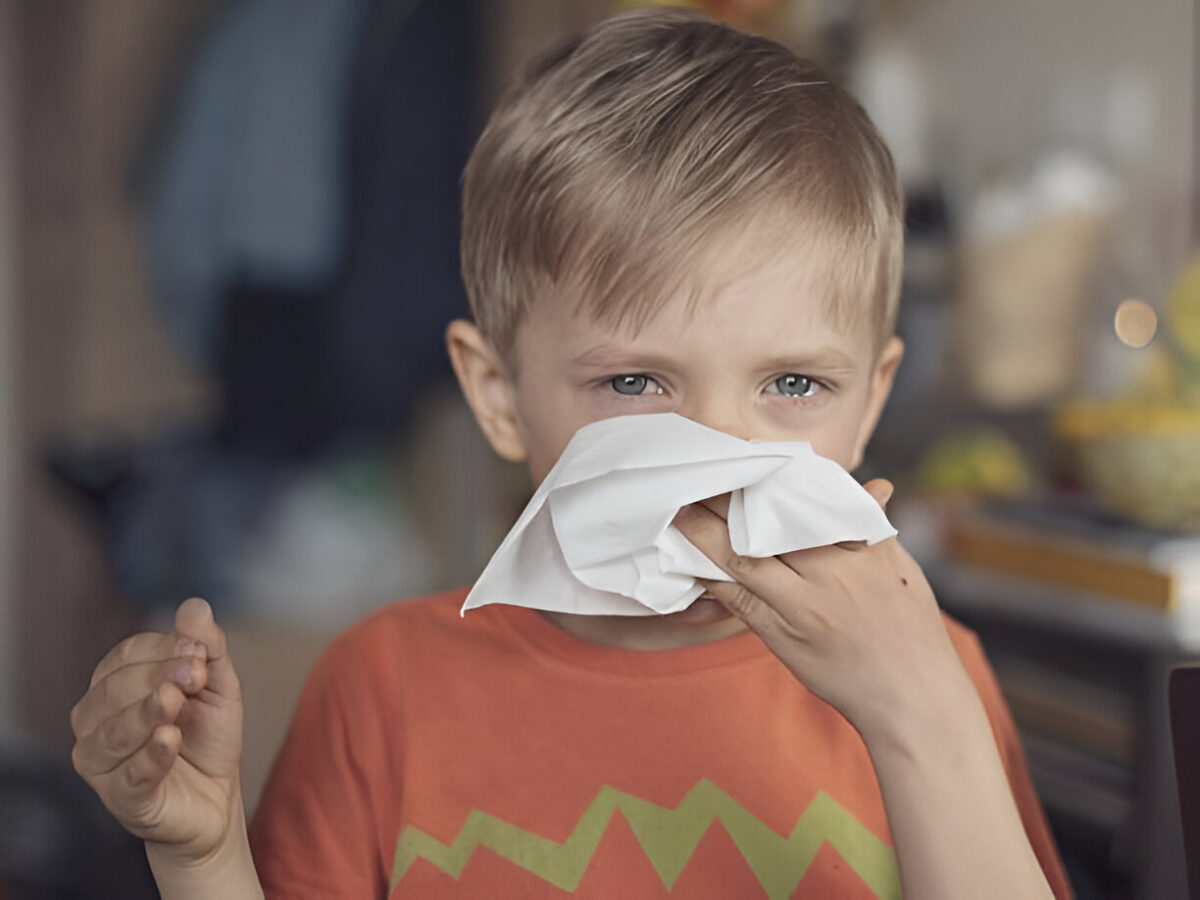
And since reactions can occur unexpectedly, during lunch, birthday celebrations, or even through shared surfaces, school can be a high-risk environment. That’s why parents, educators, and school lunch providers must work together to build a strong, allergy-aware safety net.
How to Manage Food Allergies at School , Step by Step
1. Create an Allergy Plan Before School Starts
Before the school year kicks off, have a sit-down with your child’s doctor to put together a clear allergy action plan. Think of it as your child’s safety blueprint. It should cover:
- Which foods your child is allergic to
- Common food allergies and symptoms to look out for
- What to do in case of a reaction (step-by-step)
- Emergency contact details, including parents and caregivers
Once it’s ready, share copies with everyone who’ll be part of your child’s day teachers, the school nurse, cafeteria staff, and even the bus driver. The more people who are in the loop, the better protected your child will be.
2. Talk Openly with the School Staff
Early in the school year, set up a friendly meeting with the key people who’ll be around your child, like the teacher, principal, and lunchroom team. Use this time to:
- Clearly explain your child’s food allergies
- Go over the allergy plan together
- Ask how classroom parties, snacks, and field trips are handled
- Request a seat in the classroom that reduces allergen exposure
Building a good relationship with the school creates a strong support system for your child and shows the staff that you’re all on the same team.
3. Empower Your Child with Age-Appropriate Awareness
Children should be taught to understand their food allergies, at a level they can manage. Help them learn to:
- Recognize symptoms
- Say “no” to shared food
- Read simple food labels
- Speak up if something doesn’t feel right
At Kidssentials, we believe that teaching children to take part in their safety builds both confidence and independence.
4. Choose Allergy-Safe Meal Options
Packing lunch every day can be time-consuming, especially when you’re double-checking every label. That’s where Kidssentials comes in.
We take allergy awareness seriously. Our meals are:
- Prepared in a nut-free, cross-contamination–controlled environment
- Clearly labeled with all ingredients
- Delivered in individual, sealed containers
- Designed by nutrition experts with kids’ tastes and safety in mind
Whether your child has a dairy intolerance or a peanut food allergy, we’ve got safe, delicious options they’ll enjoy, and you’ll feel good about.
5. Common School Allergy Triggers to Watch For
Understanding typical school-based allergens can help you prevent issues before they happen. Some common triggers include:
- Peanuts and tree nuts (in snacks, cookies, granola bars)
- Milk and dairy (in sauces, baked goods, shared lunches)
- Eggs (often hidden in baked treats)
- Wheat or gluten
- Soy or shellfish (rare in school meals but possible in sauces or snacks)
Speak with teachers about food allowed in the classroom, especially during holidays or birthdays, to avoid accidental exposure.
How Kidssentials Helps Support Your Child’s Health

At Kidssentials, our mission is to support families through safe, balanced, and child-approved meals. We work with schools to ensure every child, including those with food allergies, receives the nutrition they need without risk.
We believe that no child should feel left out because of their dietary restrictions. That’s why our food and allergy policies focus on inclusion, transparency, and accountability.
Here’s how we support your family:
- Allergy-safe meal planning
- Menu customization options
- Staff training in allergy prevention and safety
- Reliable, on-time delivery to your child’s school
With Kidssentials, you never have to wonder, “Is this safe for my child?” — because we’ve already asked that question for you.
Final Thoughts: You’re Not Alone in This
Managing food allergies may feel overwhelming at times, but you don’t have to do it alone. With clear planning, open communication, and support from allergy-aware partners like Kidssentials, your child can enjoy a safe, nourishing, and fun school experience.
Let us help take the pressure off your plate, and put a safe, delicious one on your child’s.

